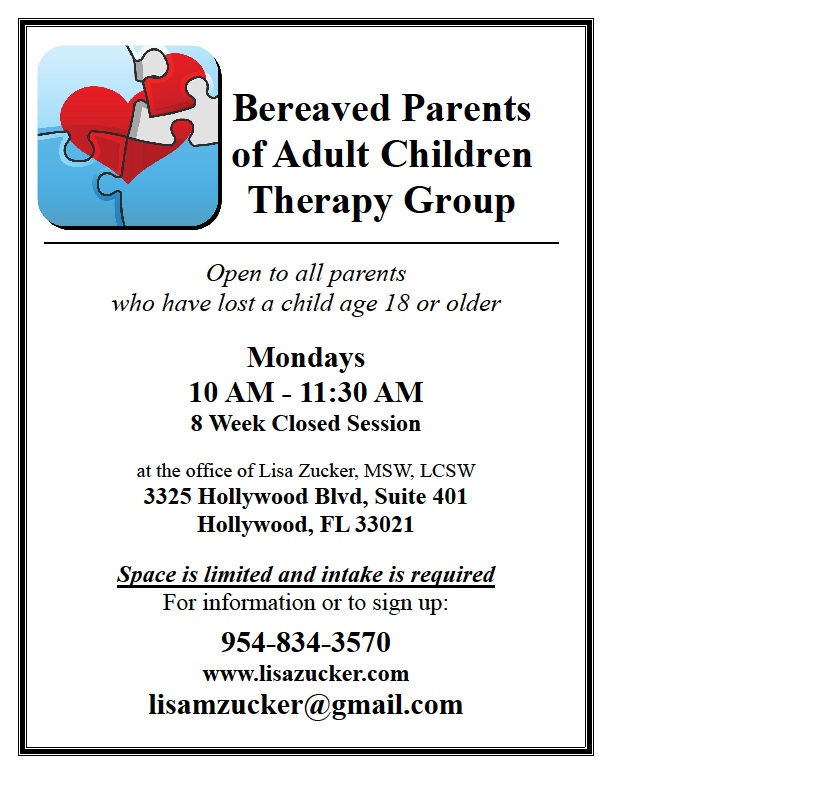“The past has already gone, the future is uncertain, so focus on today – it is a gift, that’s why it’s called the present”
Mindfulness is the purposeful act of focusing on what is happening around you in the present. When life is overwhelming and your stress level rises, taking a moment to concentrate on your surroundings and current experience of your place in the world can bring you back to what is most important – where you are right now. “Living each day at a time” is a term repeated often in my office, by clients equally as much as by me.
“Lilly” (name is changed) was living with an advanced stage metastatic cancer. Her doctors did not anticipate that she would live more than a few months. When people would ask Lilly how she managed to care for her family, to visit the beach, to go and do and be in this world when she was facing death, she would respond that she was not dead yet. That everyday she was living, she planned to live to the best of her ability. And on the days when she needed to rest, she did just that. But on the days when she felt good, there was no stopping her. This was how Lilly lived. Everyone copes differently and some people are not able to live in this way, but for Lilly, considering each day, each moment, as an opportunity to assess how she wanted to spend her time and who she wanted to be in the world was the greatest gift she gave herself.
“Sam” was a gentleman I worked with at a drug detoxification center. Talk about loss, this guy had been through the ringer. He used drugs and alcohol to distract himself from focusing on his pain and hurt. Every time he detoxed, the feelings would resurface and he would inevitably return to using because the pain was just too much. People in the AA program often say “one day at a time” regarding recovery. Sam would hear this, but it didn’t really sink in. One day, Sam was able to share that he felt stuck in the past with the losses he had experienced and this would make him think of his future as a result of those losses. Sam never took the present day into account. When Sam was able to work through his feelings about the past and plan for the future without solely focusing on the future, the present began to come into focus. Every morning, he would wake up and say that he didn’t know if he would use tomorrow, but he knew he wouldn’t use today. By taking this pressure off of himself to guarantee recovery for a life-time, Sam was able to stay sober one day at a time… for ten years. He has his hard days and deals with difficult emotions, but every day he faces what is in store for him.
Learning to be in the present moment, to really experience what is happening around us, without constant worry and pressure for the future can certainly alter the way we experience ourselves within the world. Who do you want to be today and how will you make that happen?
 Monday, September 10, 2012 at 10:20AM
Monday, September 10, 2012 at 10:20AM 